
HEART (Healing Ethno And Racial Trauma)
HEART (Healing Ethno And Racial Trauma) is a therapeutic intervention developed by Nayeli Y. Chavez-Dueñas and Hector Y. Adames to assist clients in healing from ethno-racial trauma. The developers define ethno-racial trauma as “the individual and collective psychological distress and fear of danger that results from experiencing or witnessing discrimination, threats of harm, violence, and intimidation directed at ethno-racial minority groups. This form of trauma stems from a legacy of oppressive laws, policies, and practices” (Chavez-Dueñas et al., 2019, p. 49). HEART’s goals are to support clients’ self-determination, foster hope, cultivate resistance, and connect or reconnect people of Latin American descent to their psychological strengths, cultural roots, and racial ancestry. Grounded in Liberation Psychology, intersectionality theory, and trauma-informed care, HEART also addresses the impact of multiple forms of oppression (e.g., racism, ethnocentrism, nativism, sexism). HEART is composed of four phases. Each phase includes goals and objectives designed to support individuals, families, and communities heal from ethno-racial trauma. HEART can also be applied and used with non-Latinxs People and Communities of Color.
What is Ethno-Racial Trauma
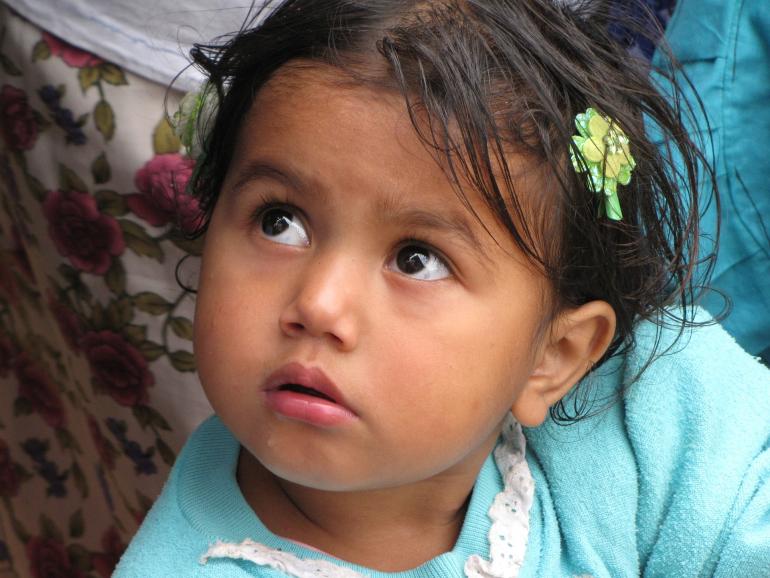
Who Can Experience Ethno-Racial Trauma
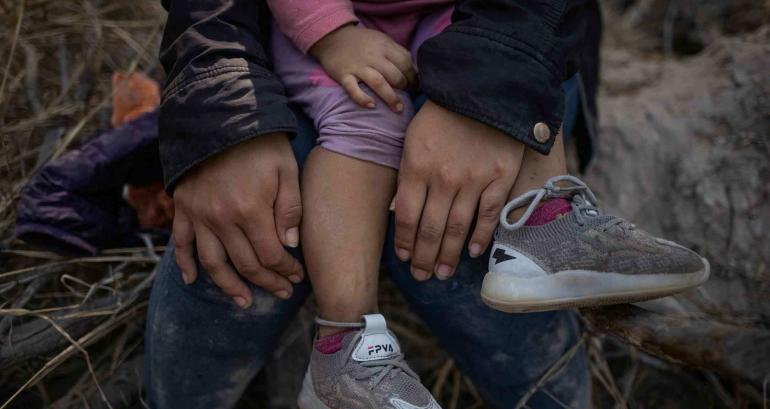
How Does Ethno-Racial Trauma Impact People’s Health
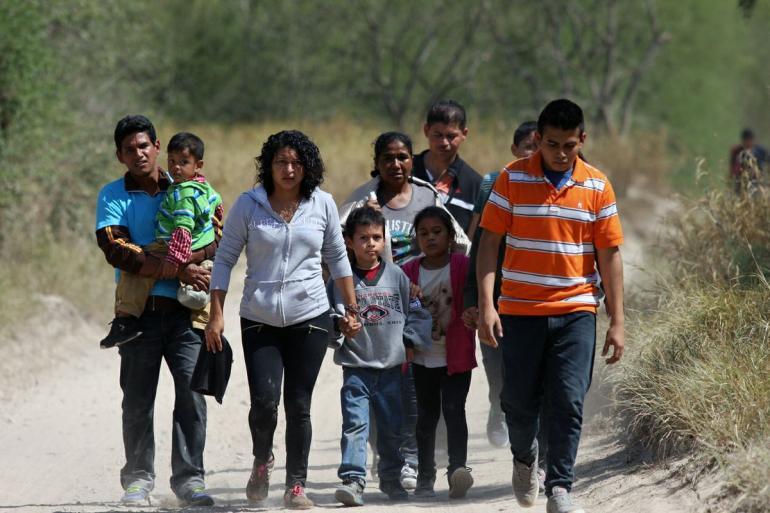
How is Ethno-Racial Trauma Addressed?
- Learn how oppression impacts the self, family, and community.
- Learn and use the psychological strengths of their ancestors.
- Connect or reconnect with their cultural and racial roots.
Training Objectives
- Participants will identify the ways that oppression impacts the Latinx community.
- Participants will be able to describe ethno-racial trauma.
- Participants will be able to list the tenets of intersectionality.
- Participants will describe the four phases of the Healing Ethno-Racial Trauma (HEART) framework.
- Participants will be able to describe what a sanctuary space is within the context of therapy.
- Participants will identify ways of integrating the HEART framework into their clinical practice with Latinxs.
- Participants will explore key ways to integrate an intersectional lens into trauma-informed care.
Trainers:
Co-developers Dr. Nayeli Chavez-Dueñas and Dr. Hector Adames
Training Location:
All training is currently offered virtually via Zoom.
Training Duration:
The HEART training is a two-day training, 4.5 hours each day.
Training Size:
A minimum of 20 participants is required to schedule a training. The training maximum is 30.
Implementation Consultation Calls:
Implementation support is provided to groups of up to 10 participants at one month, three months and six months post training. Both developers participate in the call to support successful implementation of the model into clinical practice. Calls will be scheduled post training and coordinated with organizational representative.
Training Cost:
The training is offered to organizations free of cost. All costs for the training are sponsored by SAMSHA and the NCTSN.
Continuing Education Units (CEUs):
The Trauma Training Academy of the Center for Child and Family Traumatic Stress is authorized by the Maryland State Board of Social Work Examiners, the American Psychological Association, and the National Board of Professional Counselors as a sponsor of Continuing Education Units.
- Participants must arrive on time and stay until the end of the training to receive continuing education credit. No partial credit is awarded.
- Certificates of Attendance will be provided to all participants that are not eligible for continuing education credits or who are not present for the full duration of the training.
Meet the Developers
Hector and Nayeli co-developed HEART and are also co-developers of the Psychology of Radical Healing along with Drs. French, Lewis, Mosley, Chen, and Neville. They are passionate professionals who have dedicated their work to improving the lives of those who have experienced ethno-racial trauma. They cite the importance of community as a significant influence in their decision to do this work. They talk about the challenges related to oppression and recognize its inhumanity. They discuss how oppression does not take away the strength and the healing power of community that allows BIPOC to flourish and thrive in the face of adversity. Hector and Nayeli immigrated to this country as children, and their experiences have shaped their values. Those experiences and values have bound them together in this work. Both shared that something was missing despite their formal education and development as psychologists. This is often the immigrant experience: never quite feeling like you are at home. Each has found what feels like home in their work and contributions to the communities they love.
For Hector and Nayeli, writing is a form of social and racial justice and is the fuel that motivates them to do the work. Their work supports a critical paradigm shift for Latinx psychology. They stress the importance of seeing race and authentically exploring the painful history they all share around racism and internalized colorism to create a truly healing process in the lives of the people they serve. Both describe the process of developing HEART as spiritual synchronicity.
Hector and Nayeli challenge us to imagine our world and profession where Black, Indigenous, and other People of Color have equal access to opportunities; a world where everyone can flourish, thrive, and lead.
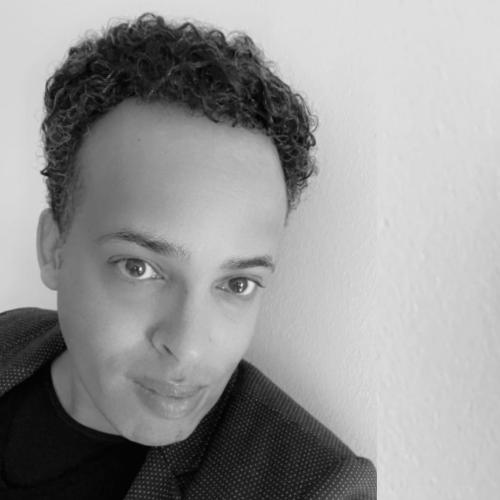
Hector Y. Adames, PsyD
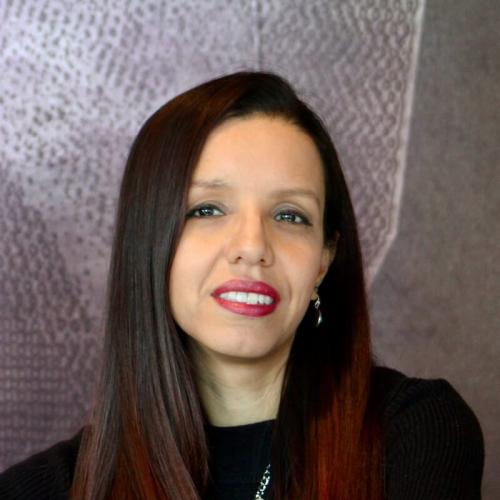
Nayeli Y. Chavez-Dueñas, Ph.D.
